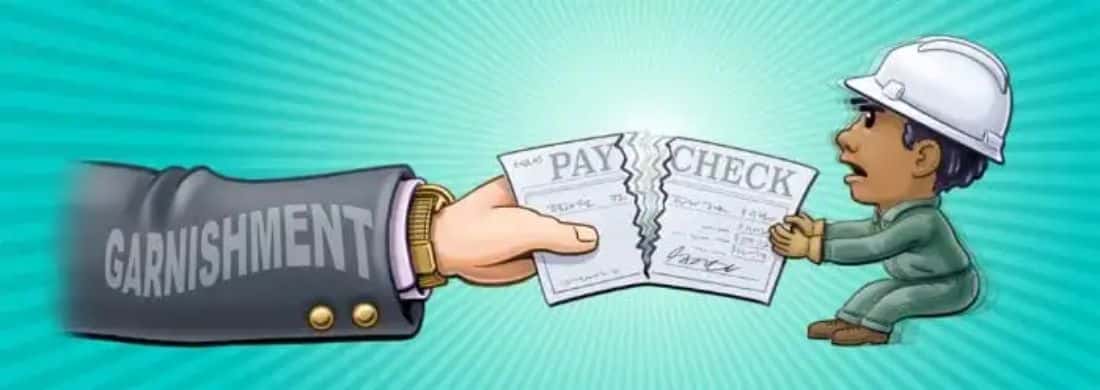Stop Garnishment
Bankruptcy May Stop Garnishment
You have bills due soon and you worked all week to have enough to pay them. You will have money for food, necessities, and maybe even a little extra spending money. When payday comes, you check your bank account and notice that the amount is only about 75% of what you expected. You look at your paycheck stub and you learn there’s a garnishment. You piece together enough money to get through the week with no end in sight. You may be thinking “how can I stop a garnishment?”
What Is Garnishment?
A garnishment allows a creditor to take money from your paycheck to pay for your debt. By law, creditors may be able to garnish up to 25% of your disposable income. Most of the time, garnishments occur when the creditor sues you in civil court and wins. Unfortunately, garnishments from the IRS or student loans do not require a lawsuit at all – they can just garnish you. Bankruptcy can stop or interrupt most of these types of garnishments. Bankruptcy also allows you to organize child support and alimony arrearages.
How Bankruptcy Stops Garnishments
When you file a Chapter 7 or Chapter 13 Bankruptcy, an “automatic stay” comes into place. This is a federal order telling the creditor to stop garnishing you. A good bankruptcy attorney can recover any possible garnishment refund owed to you. Creditors who continue to garnish your wages are violating the bankruptcy code which may entitle you to damages against them.
What Should You Do?
Garnishments are difficult to live with. You can pay off the debt, though this is not always possible. If you do nothing, you will be garnished for as long as it takes to pay the debt in full (plus interest).
We can help.
We offer unlimited free consultations and a special payment plan to get your financial life back on track.





